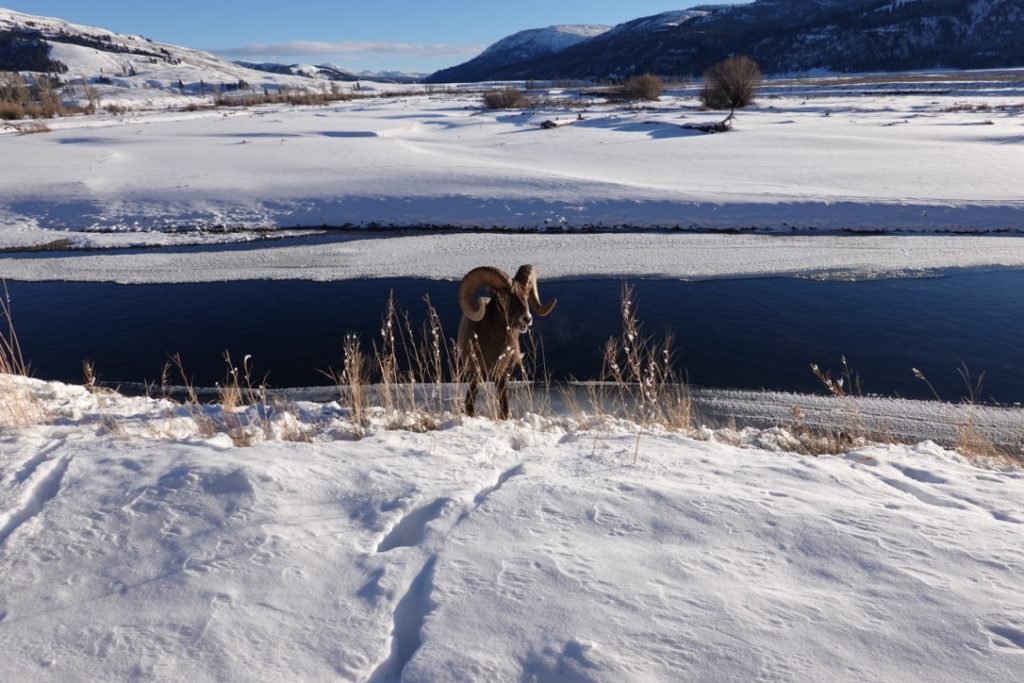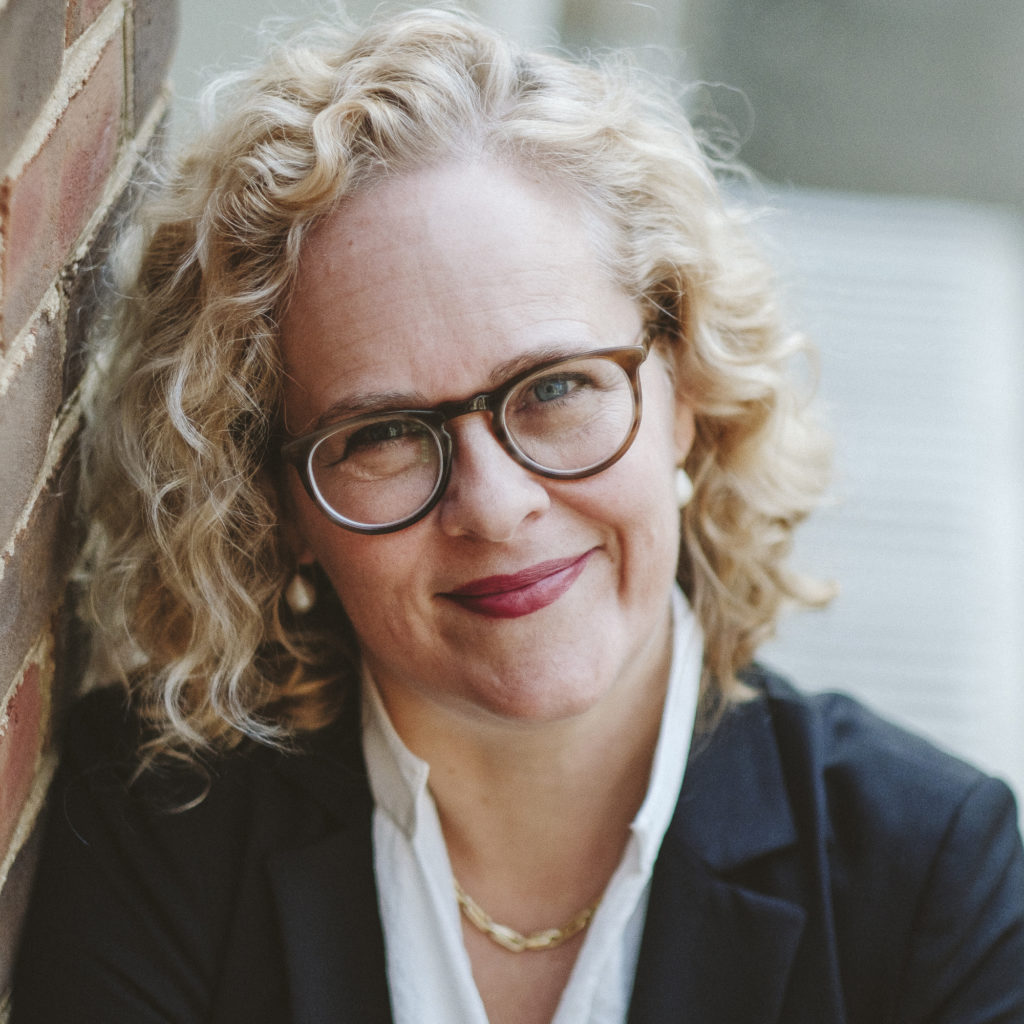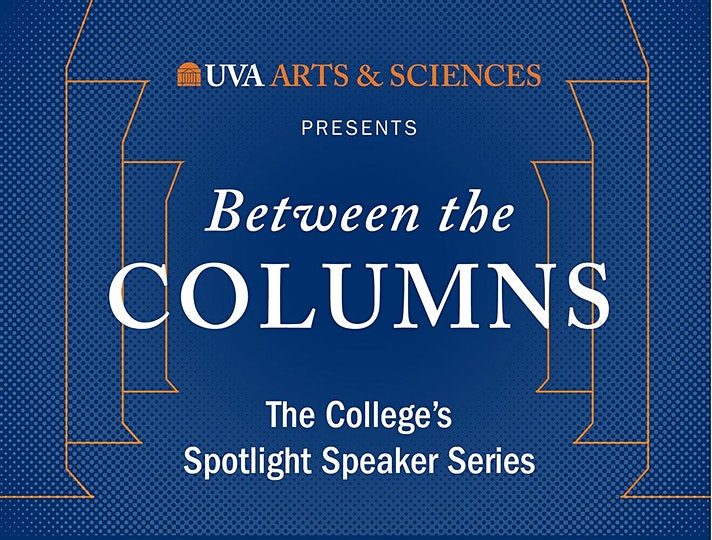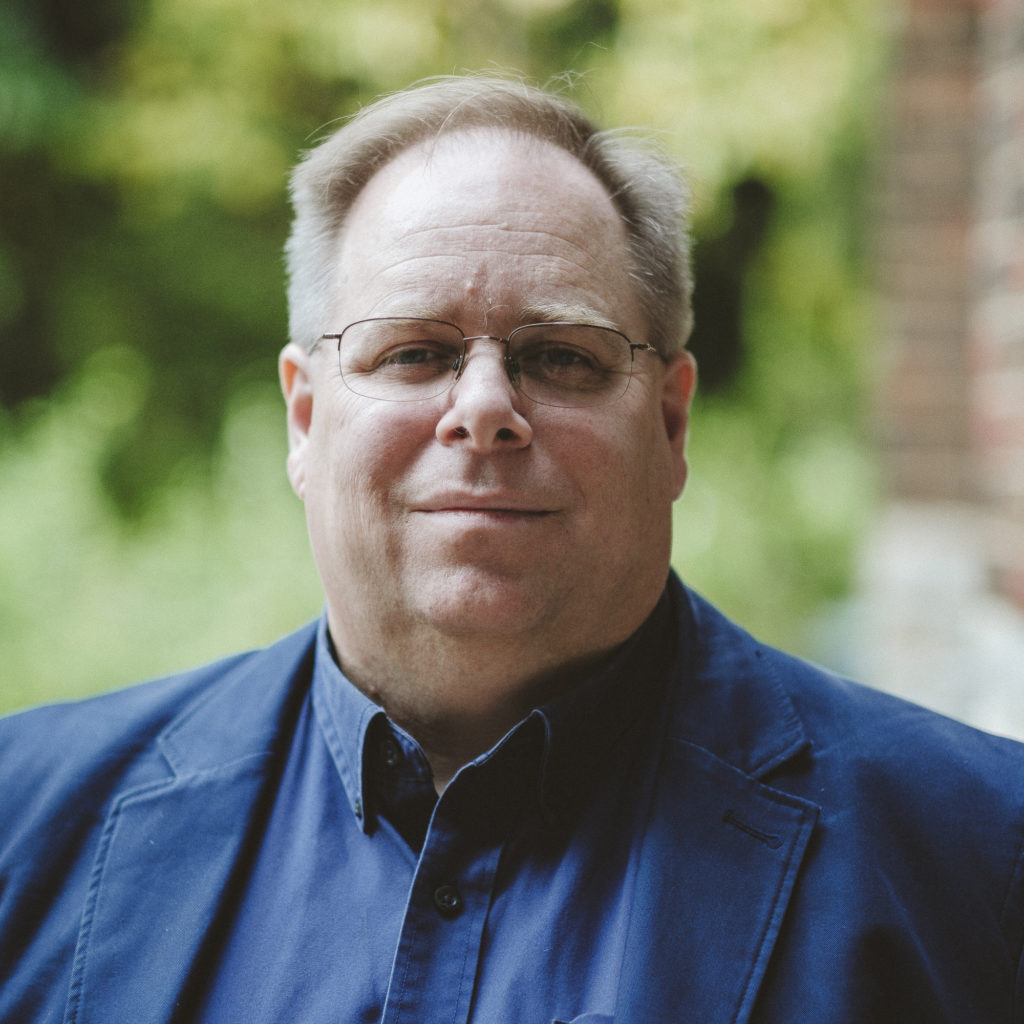“We often use the word sanctuary to talk about places like Yellowstone that have been protected from human development and industry. But it’s a word with deep religious roots. Traditionally, a sanctuary is a place that is set apart from daily human life and reserved for the divine. Last winter, we traveled to Yellowstone to explore what happens when a religious idea like sanctuary is transformed into a secular and bureaucratic one.”

What happens when you invite scholars of religion, ecologists, artists, ethicists, and lawyers to come together on a winter’s day in Yellowstone National Park?
Martien Halvorson-Taylor and Kurtis Schaeffer have developed a new model for research and teaching, focused on exploring “sanctuaries”—national parks, reserves, sacred natural sites—that are imbued with deep meaning and that are also sites of important conservation work.
Along the way, they reflect on the future of the humanities, the sciences, and the modern research university: What are the possibilities for on-site collaboration between specialists in very different disciplines? What are the potentials for place-based research, teaching, and learning?
Join Martien and Kurtis for a lively and interactive discussion; you will be invited to ask questions in the Q&A portion of the event. The event will feature audio, video, and photographic representations of their research. We encourage you to explore some of the work of this exciting project ahead of time by listening to “Set Apart“, an episode of their podcast Sacred and Profane. Or you can watch this short film about their trip to Yellowstone.
Speakers

Martien Halvorson-Taylor
Co-Director, Religion, Race & Democracy Lab
Associate Professor, Religious Studies
A scholar of the Hebrew Bible/Old Testament, Halvorson-Taylor researches and teaches the literature, language, and religions of ancient Israel. An award-winning teacher, she is particularly interested in how narratives (like the books of Esther and Genesis) and poetry (like the song of Songs and the book of Job) were interpreted – and how they continue to articulate the major human questions and provide for existential reflection. She has directed multiple grant-based research projects and humanities teaching programs and, from 2012-20, she served as Associate Department Chair of Religious Studies.
Kurtis Schaeffer
Co-Director, Religion, Race & Democracy Lab
Frances Myers Ball Professor, Religious Studies
An expert in the cultural history of Buddhism in Tibet and the author or editor of nine books, Schaeffer is interested din the ways religion moves people to action through art, literature, history, and ritual. He has directed multiple NEH summer institutes on the academic study of religion, and manages multiple collaborative digital projects. Schaeffer routinely conducts research in Tibet, Nepal, and Bhutan. He served as Department Chair of Religious Studies, the largest such department at a public university in the US, for eight years.



